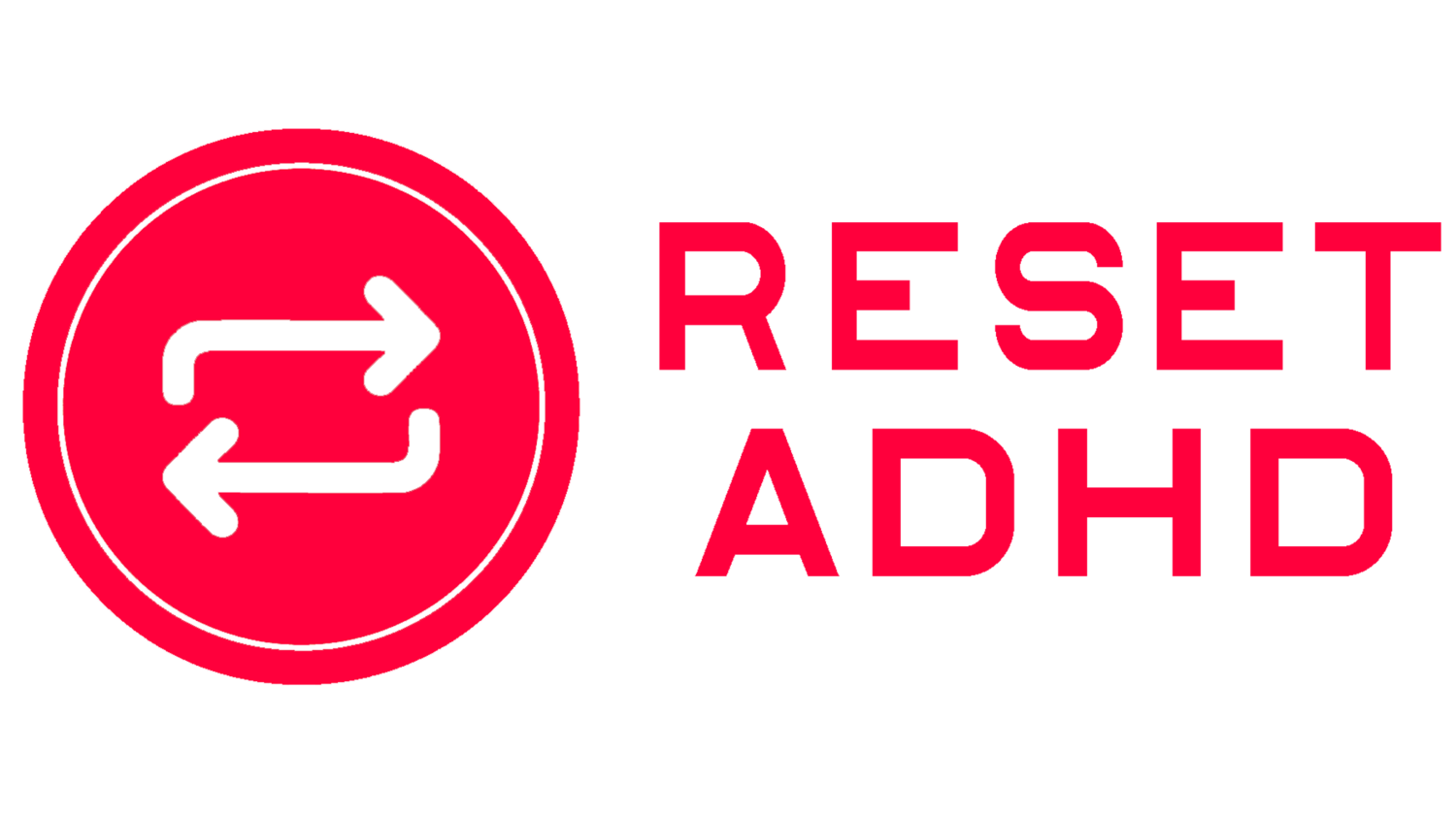ADHD: The Ignored Public Health Crisis
Last month, I attended the 2018 International Conference on ADHD, and one of our keynote speakers presented some startling statistics. Doctor Russell Barkley, the leading researcher on ADHD, and his colleagues recently conducted a study that showed that ADHD reduces one’s life expectancy by 13 years, and if the DBH Taq1 gene or the DAT1 gene is present, it is a 20-year drop in life expectancy. These numbers should startle you. This is a greater reduction in life expectancy than there is for smoking, excessive alcohol use, obesity, and coronary heart disease.
However, one’s life expectancy can be improved. The number of years spent in education, maintaining a healthy weight, proper nutrition, getting plenty of exercise, getting more and better sleep, driving safely, refraining from smoking, and limiting alcohol use can help improve one’s life expectancy. The symptoms of ADHD hurt these factors. With proper treatment, a person with ADHD can improve those factors and thereby increase their life expectancy.
Unfortunately, that type of intervention is hard to come by where I live (Sioux Falls, South Dakota). If you look at the listings of ADHD professionals on the websites for major ADHD organizations, like Children and Adults with Attention-Deficit/Hyperactivity Disorder (CHADD) or the Attention Deficit Disorder Association (ADDA), you will find two people listed for South Dakota: A psychologist in Rapid City, Doctor Mark Perrenoud, and an ADHD coach, me. That is not enough. A rough, conservative estimate for the prevalence of ADHD in the United States is five percent, and a 2017 estimate placed the population of South Dakota at 869,666. That means there are approximately 43,483 people with ADHD in the state of South Dakota. Doctor Perrenoudand I cannot help 43,483 people on our own. Sioux Falls is home to two large health care organizations, Avera and Sanford. They are willing to spend millions to out build and out grow each other, yet they do not take that money and put it into the mental health field where it is so desperately needed.
Yet, it is not just mental health practitioners and ADHD coaches who can help those with ADHD. Ideally, schools should be the best place to get support for ADHD. Sadly, this is not the case. I know many teachers, and I know how little training in ADHD they get. And by that I mean, they get no training in ADHD. Our colleges are failing to properly train our teachers. The only teachers who know anything about ADHD are the teachers who have been teaching for decades, and they only know about it because they have had to learn about it in the trenches. Tragically, many teachers are clueless when it comes to managing those with ADHD. Children with ADHD have so much potential. Many successful individuals have ADHD, including but not limited to popstar/actor Justin Timberlake, Olympian Michael Phelps, entrepreneur Sir Richard Branson, film director Alejandro González Iñárritu, and JetBlue founder David Neeleman. When given the right environment people with ADHD can flourish. Unfortunately, our schools are not providing our students with that environment. As someone who was told to just try harder and was not given the proper support and accommodations to succeed (or even an ADHD diagnosis) when I was in school, I know this to be true. Our schools are failing our students.
Moreover, this is not just an issue for those with ADHD. When people with ADHD do not receive the proper treatment, it has dire consequences for the community. The rate of ADHD in prisons is 25%. The impulsive behavior of those with ADHD can lead to emotional and violent reactions, risky driving, and the spread of STDs. Those who are not properly medicated will medicate themselves which leads to the abuse of drugs and alcohol. This puts the entire community in danger. For this reason, I implore Avera, Sanford, local school districts, Governor-elect Kristi Noem, the South Dakota Legislature, Congressman-elect Dusty Johnson, Senators John Thune and Michael Rounds, Mayor Paul TenHaken, and all local leaders to not overlook the importance of proper ADHD treatment and support. We, as a community, can do better, and we need to do better. Together, we can make South Dakota stronger and a better place to live.
